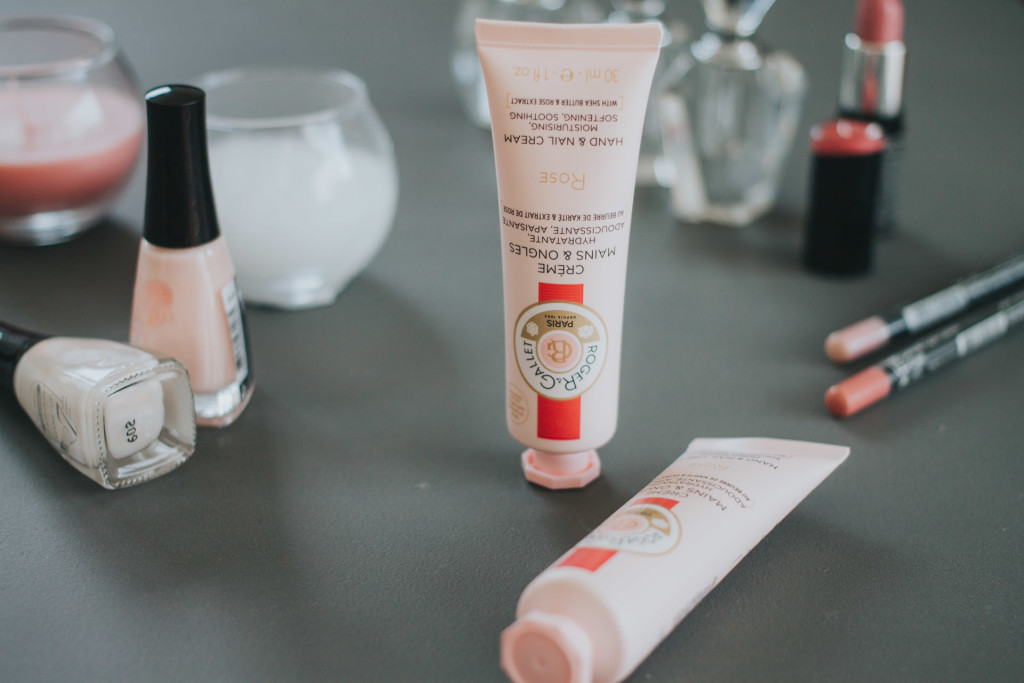
Decades ago, customers believed everything advertised to them. These days, people are a lot savvier and have access to a world of information at their fingertips — and they won’t be afraid to ask you for the truth. When you’re making certain claims for your cosmetics and skincare products, are you pulling wool over your customers’ eyes or are your claims for real?
We reached out to an anti-aging expert and board-certified Denver Plastic Surgeon, Dr. Manish Shah to review some of the most used buzzwords used in beauty copywriting. “A phrase such as ‘clinically tested’ and ‘doctor recommended’ is used to mislead consumers into thinking a certain product has more credibility than it actually does,” says Dr. Shah.
So if you insist on using these words/phrases, first bear in mind your customers will ultimately ask you for answers.
More importantly, make sure your copywriting explains what you mean behind these claims. If you say your product is ‘clinical strength,’ for example, how exactly do you define that? Don’t make your customers guess.
“Patented Technology”
“Patents are not necessarily a foolproof sign that something is groundbreaking or effective,” explains Dr. Shah. “Marketers use this language to convey innovation and superiority that their product might not necessarily have over its competitors,” he says. Patents are sometimes authorized through technicality instead of breakthrough meaning any new combination of ingredients, methods or production process can be patented as long as it is new.
“Maximum strength”
This is a term used often by skin cleansers and moisturizers. “It’s a relative term and the consumer doesn’t really know what it is relevant to. It’s language that entices the shopper to make the purchase without really telling them how it accomplishes ‘maximum strength’ results,” says the Denver Plastic Surgeon.
“Clinical strength”
From painkillers to hydrating serums, companies love to bill their products as having “clinical strength.” Dr. Shah says consumers should practice healthy skepticism with such claims. “A product that claims it has clinical strength, in many cases, could have been tested by the doctors developing it. If you think about it you can’t really pinpoint what that phrase means because it is relative and we have no context as to what the company considers clinical strength,” says Shah. The perception, explains Dr. Shah, is that the product is better because the world clinical makes it sound more credible.
“For All Skin Types”
“This is a difficult promise to deliver on,” says Shah who has practiced his specialty for 14 years. “Not all skin is the same. If someone has an allergy to an ingredient or some form of dermatitis they really should speak to their doctor about what products are best to include in their regiment instead of blindly trusting a label,” he says.
“FDA Approved”
The FDA has different protocols for skincare products that make cosmetic claims as opposed to those that make more medical claims such as promising to increase production of collagen in the skin. Since that is a body function the FDA treats those differently than normal skincare products. However, the FDA just stipulates that the product being sold is safe to use in the manner in which it is directed to be used “FDA approval is not credential that shows the superiority of results,” says Dr. Shah.
“Botanical”
Dr. Shah explains that “An actual botanic is technically an ingredient that is derived from a plant. But, again, ‘botanical’ may be used in advertising to refer to something that is synthetic but acts similar to a plant-based ingredient.”
“Instant Results”
Keep in mind that “instant results” aren’t the same as “long-term results.” Meaning, you may use a product that gives you instant moisture or has a quick-acting firming effect, but those results may fade after a few hours and require reapplication.
“Natural”
“Natural” doesn’t necessarily mean anything about the purity of a product. It’s a term that hasn’t been defined by the FDA. But you should be clear on what you mean by this; your honesty can help avoid issues for your customers. For example, there may be a benefit for some people to avoid parabens, usually absent from “natural” products, if their skin is sensitive.
About the Expert:
Dr. Manish Shah M.D., F.A.C.S. is board-certified by the American Board of Plastic Surgery and member of the American Society of Plastic Surgeons, the American Society of Aesthetic Plastic Surgery and the International Society of Aesthetic Plastic Surgery. Dr. Shah’s specialties include revision facial aesthetic surgery, rhinoplasty (“nose reshaping”), and aesthetic surgery of the breast (breast augmentation, breast lift, breast reduction). He is, however, well-trained in all areas of aesthetic surgery. Dr. Shah’s aim is to obtain a natural appearing transformation that complements the real you.

Comments are closed, but trackbacks and pingbacks are open.